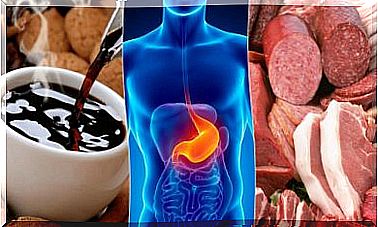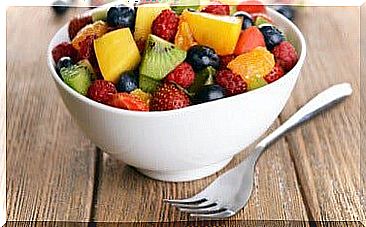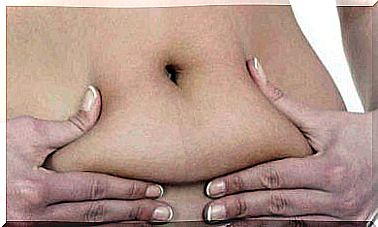Relationship Between Lack Of Calcium, Milk And Osteoporosis
The consumption of calcium is essential to avoid the development of pathologies that affect bone tissue. This prevents fractures that affect well-being.
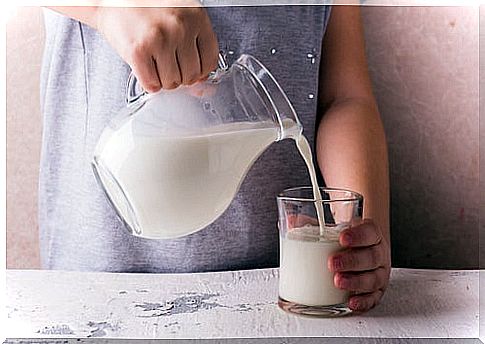
Many people suffer from osteoporosis, especially women, after the climacteric and menopause. They wonder why they have a lack of calcium despite drinking milk every day or even taking supplements of this mineral.
In this article we give a possible explanation to this doubt and offer healthy alternatives to provide the body with the calcium it needs, in a simple and natural way.
What is osteoporosis?

Osteoporosis is a disease characterized by a decrease in bone mass and a progressive deterioration of the skeleton. This disorder increases the fragility of the bones and, therefore, the risk of suffering fractures.
This disease is suffered more by women than men, especially from middle age. However, it is also determined by genetic and hereditary reasons. In addition to the lack of calcium, factors such as:
- The desnutrition.
- An unbalanced diet.
- Some medications
- The sedentary lifestyle.
- Hormonal issues.
One of the problems in detecting this pathology is that it does not present symptoms until we suffer a fracture or pain. For this reason, we must be more attentive if we have a family history that has suffered it.
Is milk a good source of calcium?
One of the main tips to obtain the necessary calcium and prevent, among other disorders, osteoporosis, has been for decades to drink at least one glass of cow’s milk every day. However, over the years, osteoporosis is more and more frequent and, in addition, it appears at a younger age.
In the first place, we could say that milk has seen its quality reduced until it has become a very different processed drink from the original. However, it is still a product with calcium in the form of salts (caseinates and phosphates) and that, thanks to lactose, would facilitate its assimilation.
In addition, there are many other factors that make it difficult to absorb this mineral, such as protein or lactose intolerance. And it is that many people suffer it without knowing it and it worsens the ability of the intestine to assimilate nutrients.
What is clear is that the continued intake of the mineral contributes to reducing the risk of suffering from this problem, according to a study published in the journal Nutrients .
Milk and osteoporosis
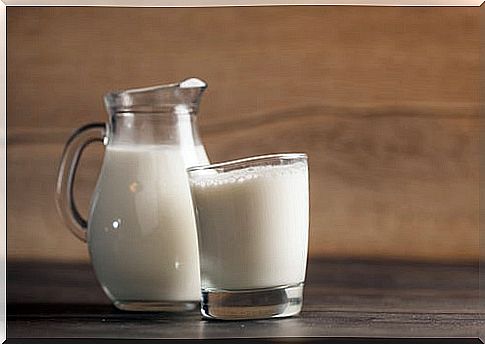
More and more studies show that regular consumption of cow’s milk not only does not prevent or combat osteoporosis, but also increases the risk of ovarian and prostate cancer, as well as cardiovascular disease. With these results, it seems interesting to look for other types of sources of calcium for our body.
However, the trials that conclude that there is an association between milk consumption and disease do not generate strong evidence. It is also possible to find others who claim that these products have a protective character.
Calcium supplements
When we take a medicinal supplement, the body does not always assimilate that nutrient in the way we expect. In the case of calcium, if we take it as a supplement, we may also be increasing the risk of suffering from calcifications, kidney stones and cardiovascular diseases.
If we are forced to take it, we will try to divide the doses throughout the day and always consume the supplement with food.
At the same time we make sure we are obtaining the necessary amount of vitamin D. This element has proven to be essential to enhance the absorption of the mineral. This is evidenced by an investigation published in JAMA .
Natural alternatives with calcium to combat the lack of calcium
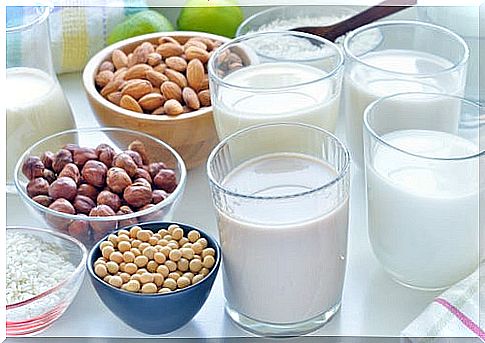
If we want to eat a diet high in calcium, we must incorporate the following foods free of milk and dairy derivatives on a daily basis :
- Sardines
- Seafood and caviar.
- Vegetables (leeks, chard, broccoli or spinach).
- Sesame seeds, which we can take raw, toasted, in cold pressed oil or in spreadable paste ( tahini ).
- Nuts (almond, hazelnut).
- Dried fruits (dried figs, dates).
- Legumes (chickpeas, lentils).
- Cumin.
- Parsley.
Other factors that prevent osteoporosis
If we want to tackle osteoporosis in a complete way, both to prevent it and to treat it, we must take into account all the factors that influence:
- Sunbathe (daily, but with common sense) or consume a vitamin D3 supplement with the follow-up of a professional.
- Regulate hormones during stages of change, such as menopause. This maintains balanced levels of estrogen in women and testosterone in men.
- Avoid the consumption of alcoholic drinks.
- Reduce the consumption of sugar and sugary foods.
- Perform medium intensity physical exercise at least two or three times a week. This directly influences bone quality.
Take care of your diet to improve bone health
Follow these tips to avoid a lack of calcium. Remember that prevention is the best medicine. However, if you have any ailment, you should attend a consultation with your trusted doctor as soon as possible.


